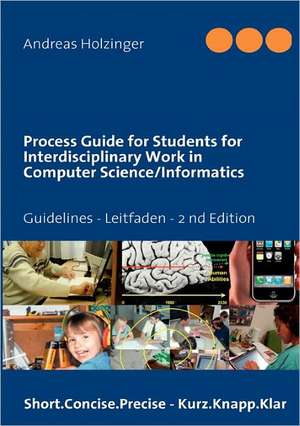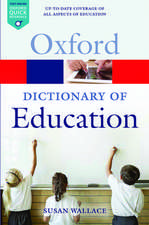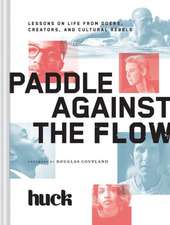Process Guide for Students for Interdisciplinary Work in Computer Science/Informatics
Autor Andreas Holzingeren Limba Engleză Paperback – 25 aug 2010
Preț: 103.28 lei
Preț vechi: 129.10 lei
-20% Nou
Puncte Express: 155
Preț estimativ în valută:
19.77€ • 20.34$ • 16.67£
19.77€ • 20.34$ • 16.67£
Carte disponibilă
Livrare economică 08-22 februarie
Preluare comenzi: 021 569.72.76
Specificații
ISBN-13: 9783842324572
ISBN-10: 384232457X
Pagini: 128
Dimensiuni: 148 x 210 x 9 mm
Greutate: 0.2 kg
Ediția:2. Auflage
Editura: BoD - Books on Demand
ISBN-10: 384232457X
Pagini: 128
Dimensiuni: 148 x 210 x 9 mm
Greutate: 0.2 kg
Ediția:2. Auflage
Editura: BoD - Books on Demand
Notă biografică
Head of the Research Unit Human-Computer Interaction (hci4all.at), Institute for Medical Informatics, Statistics and Documentation, Medical University Graz; Assoc. Prof. for Informatics at the Institute of Information Systems and Computer Media, Faculty of Computer Science and Lecturer at the Institute of Genomics and Bioinformatics, Faculty of Electrical and Information Engineering, Graz University of Technology; Andreas was Visiting Professor in Berlin, Innsbruck, Vienna, London and Aachen. Since 1999 participation in leading positions in 30+ multinational research and development projects with a budget of 3+ MEUR; 300+ publications, 2600+ citations, h index = 25, g Index = 56, (08/2012). Motto: Science is to test ideas ¿ Engineering is to put these ideas into practice.



